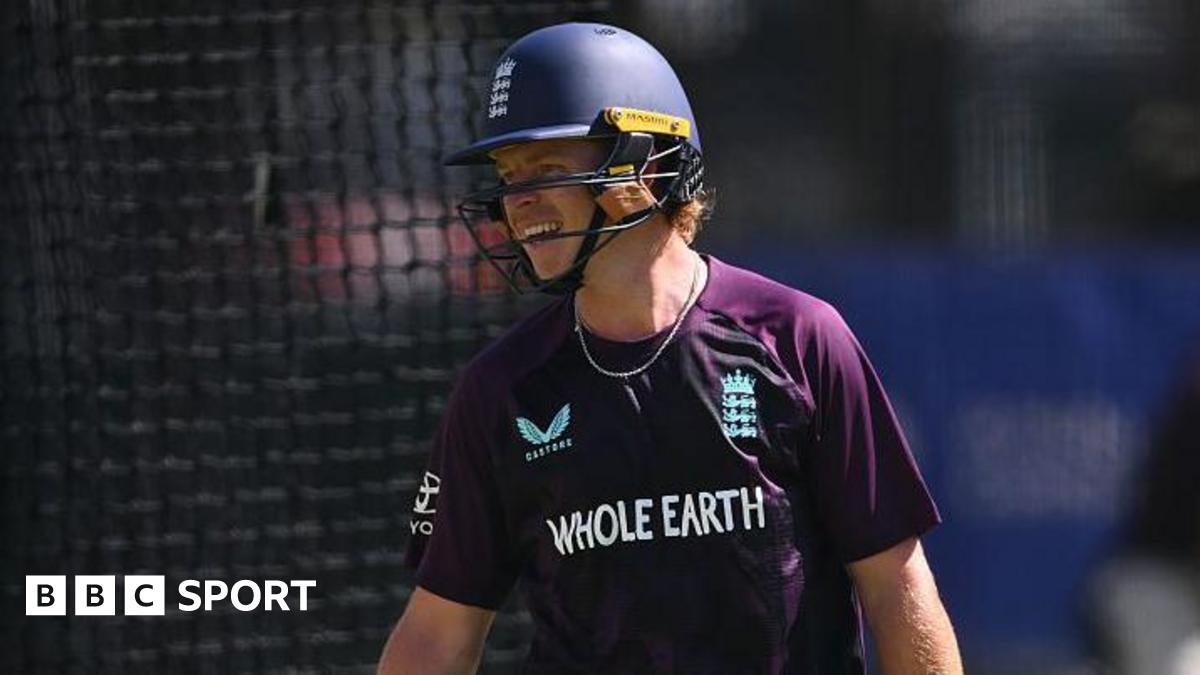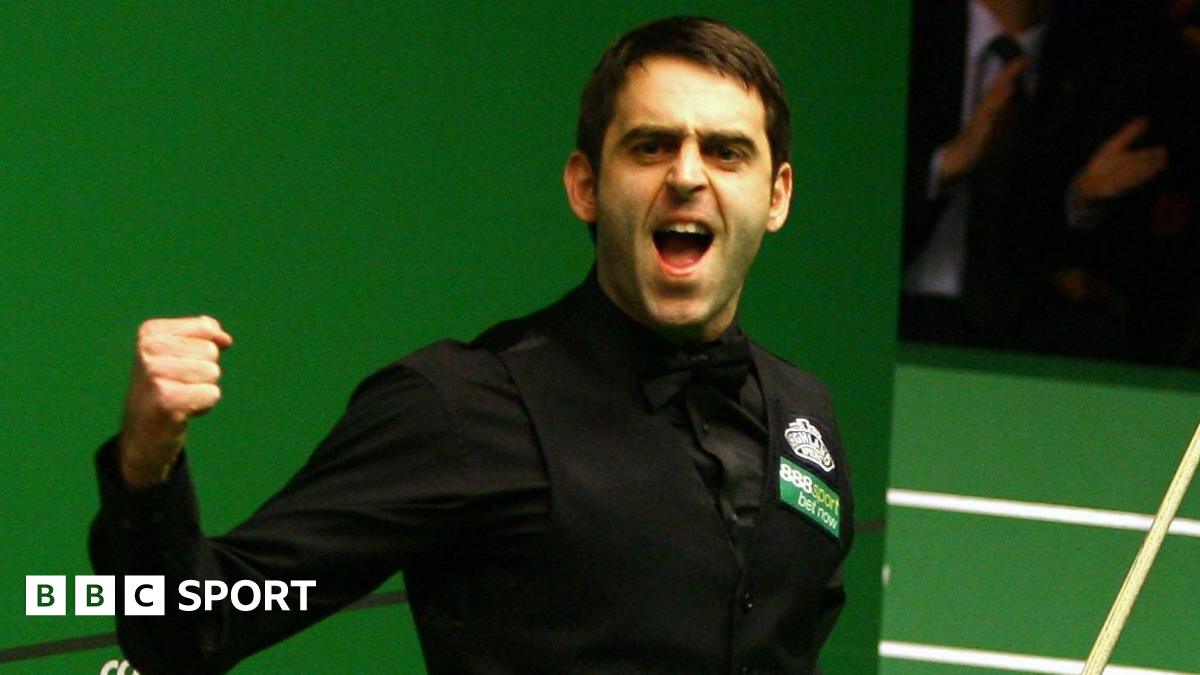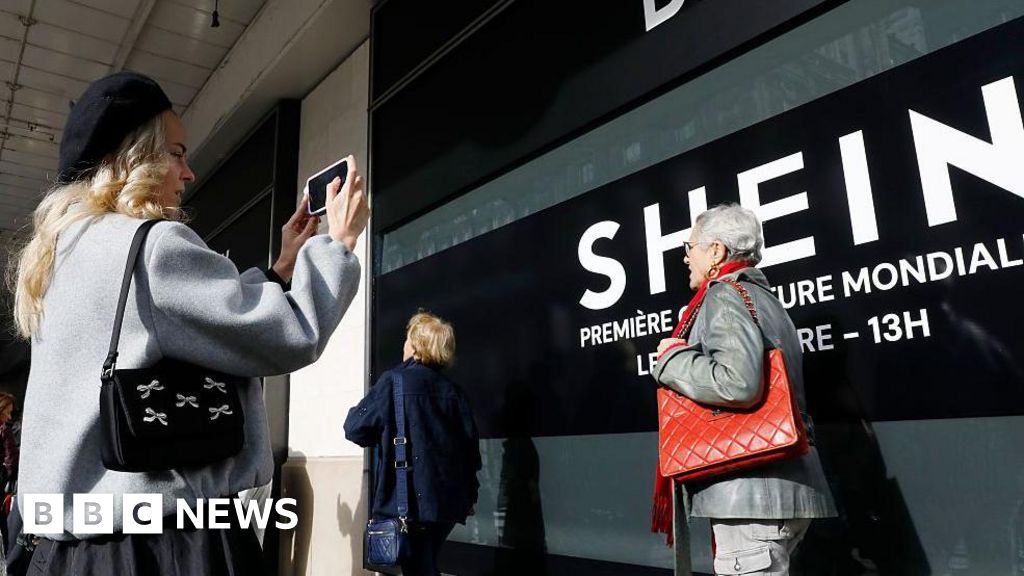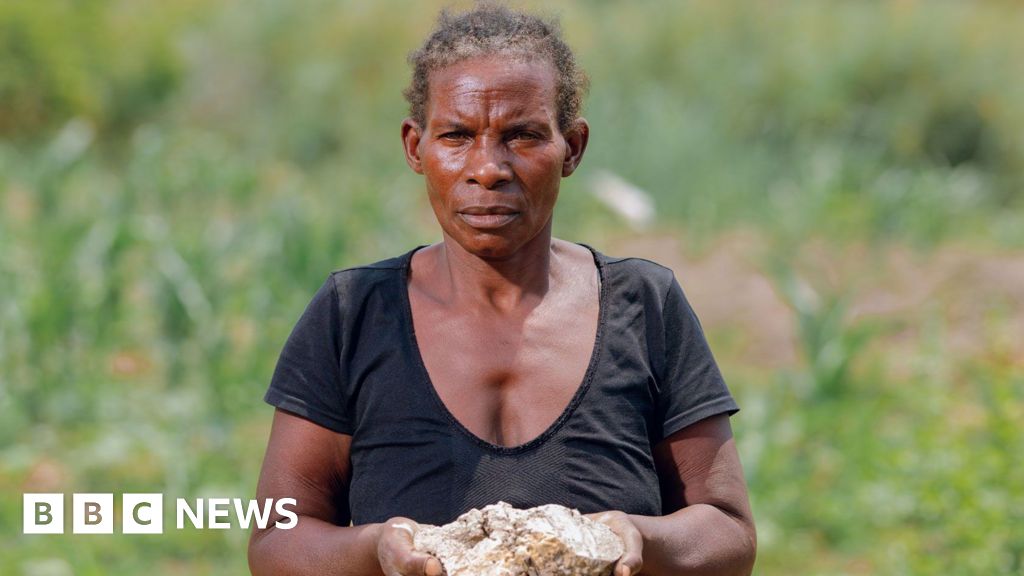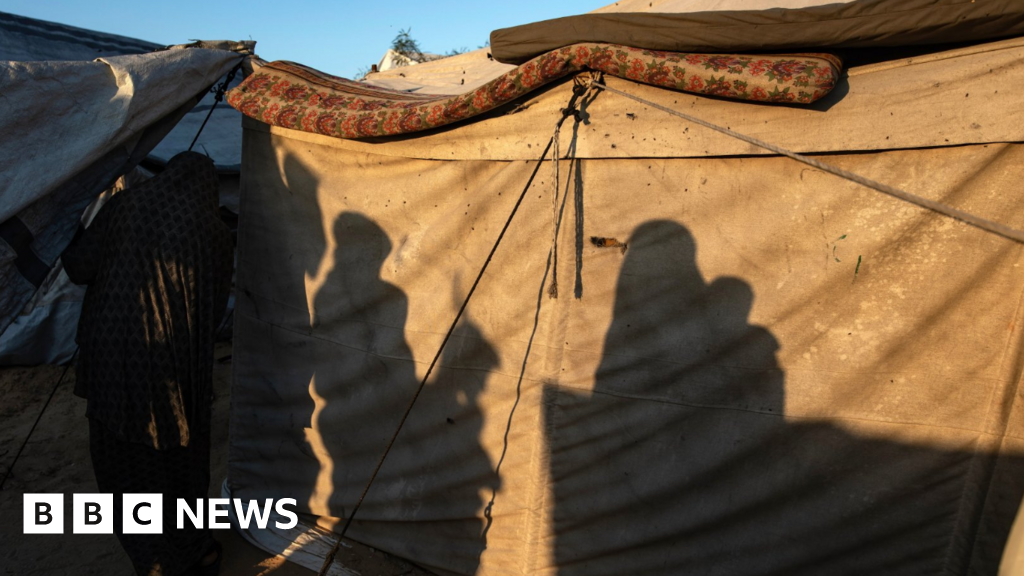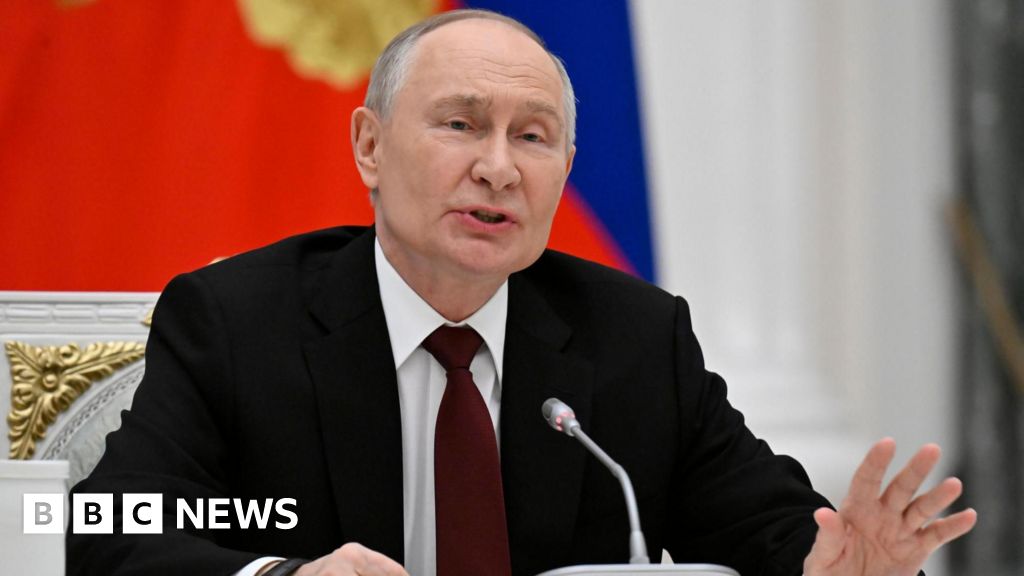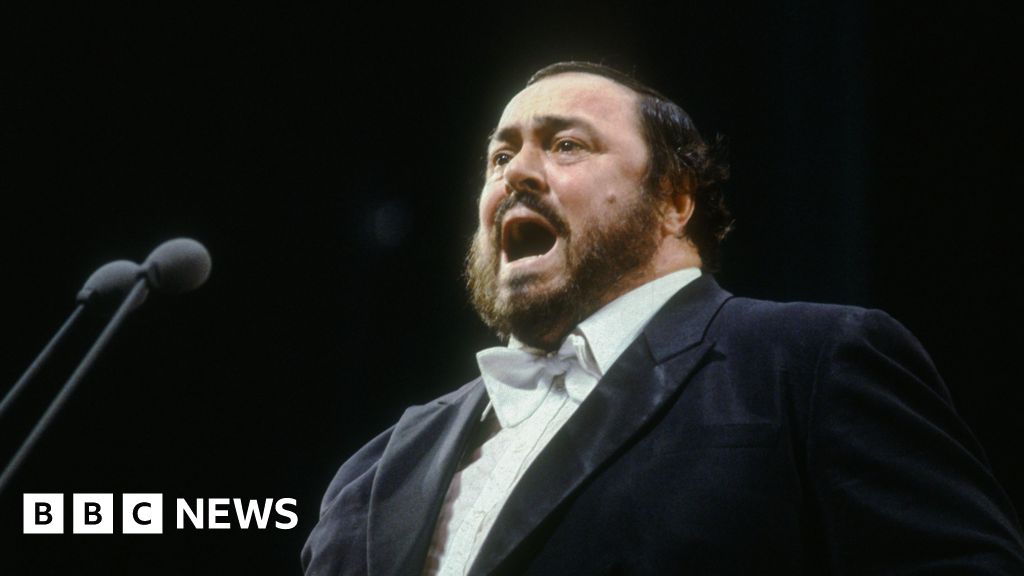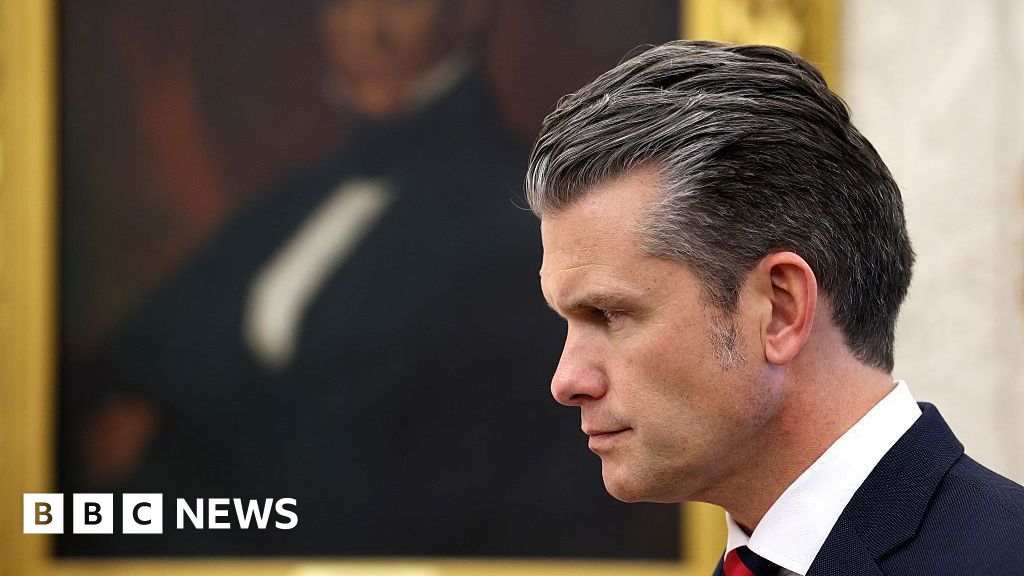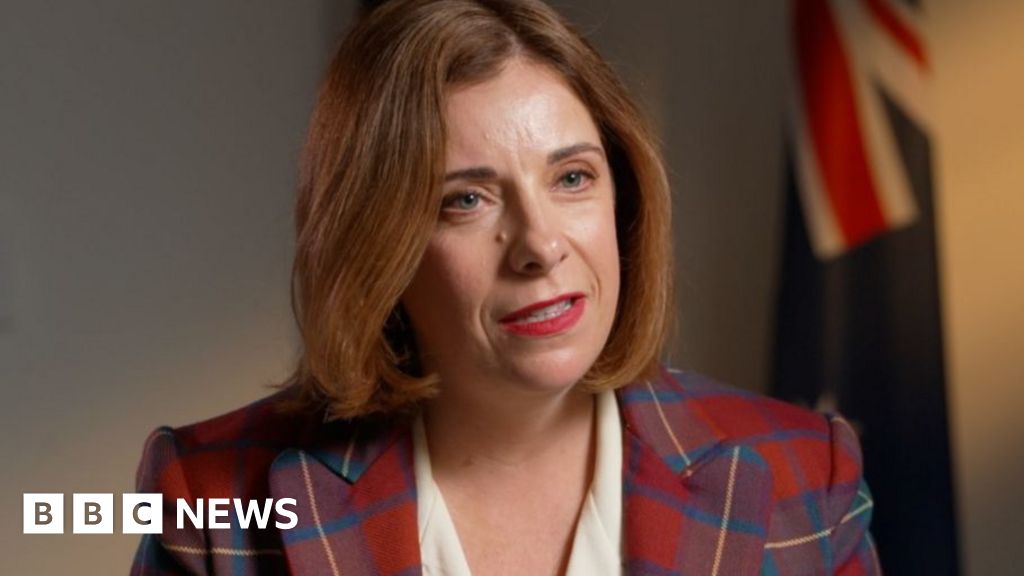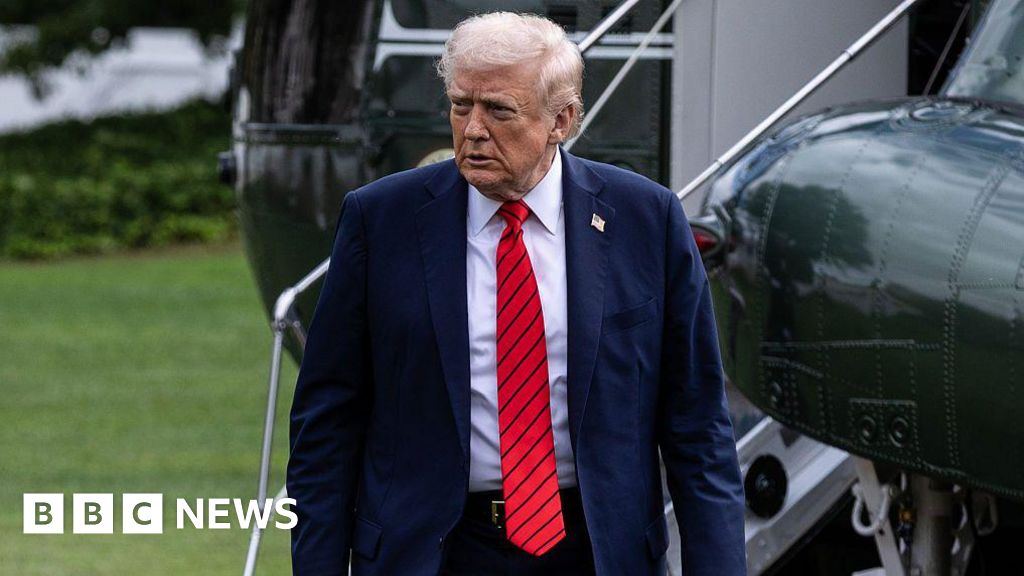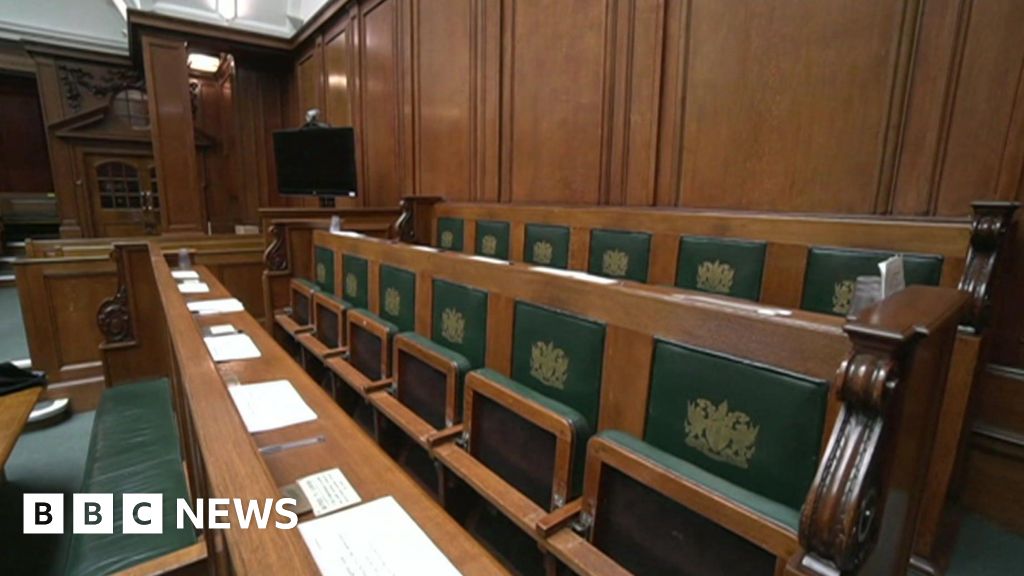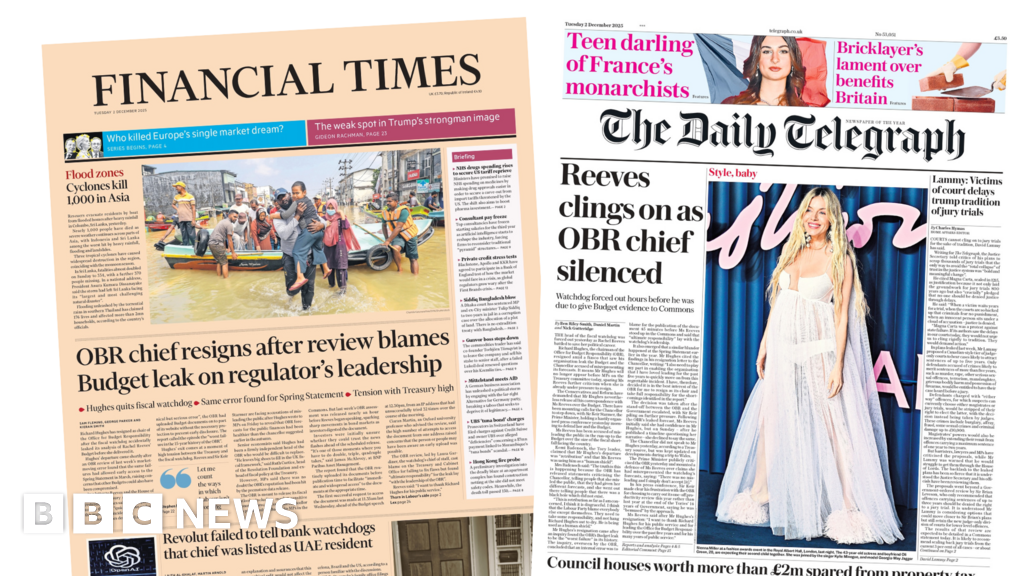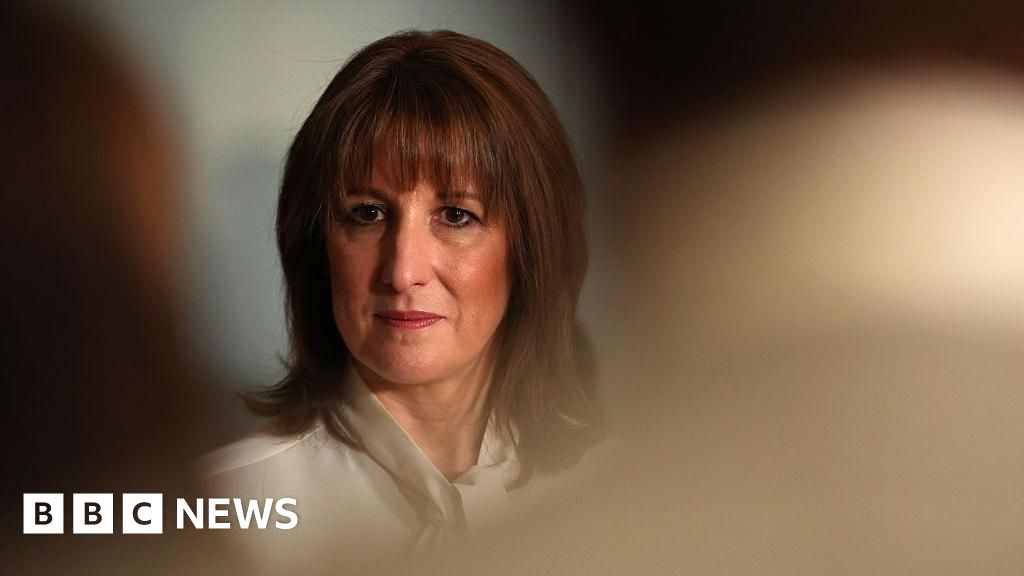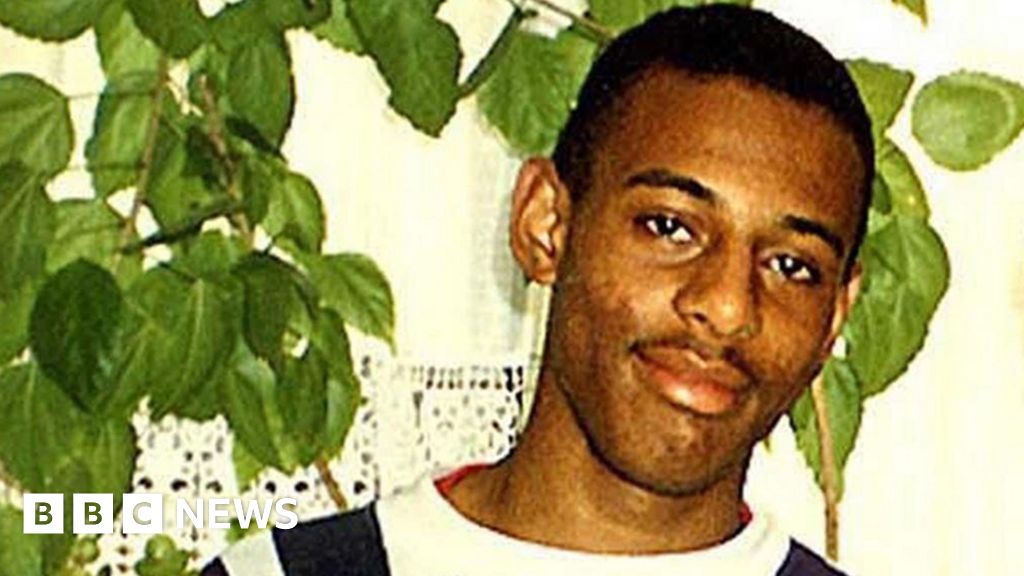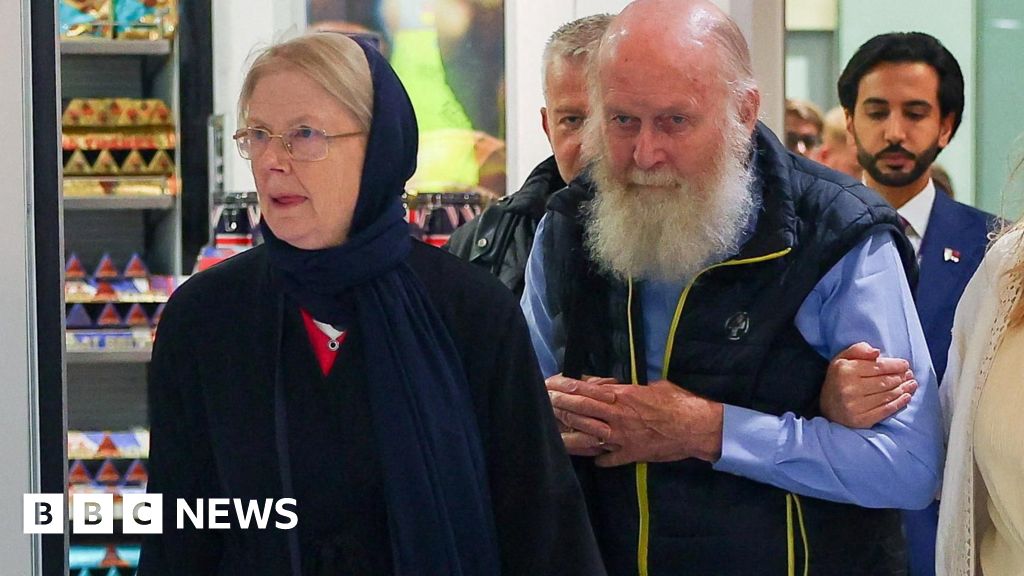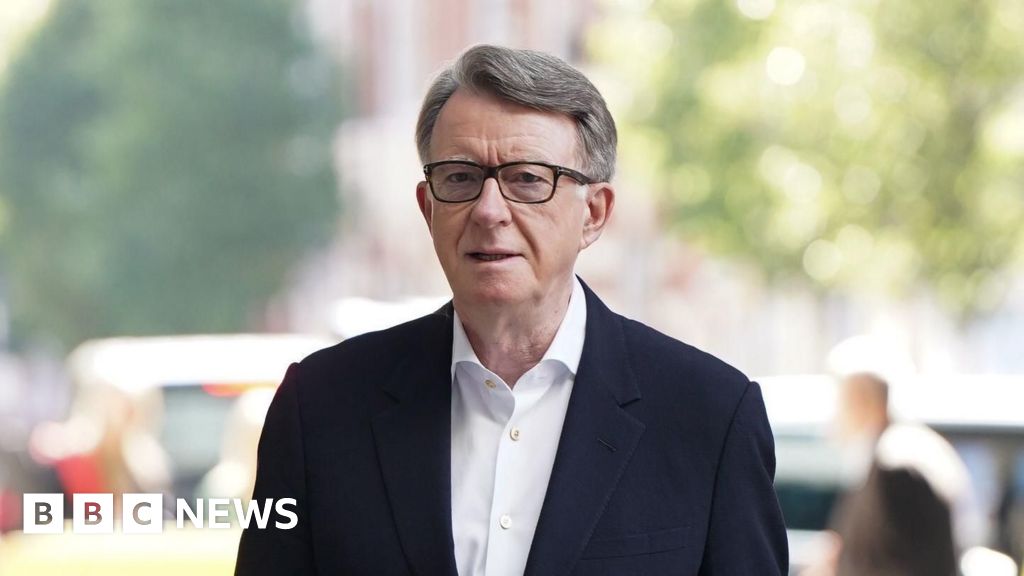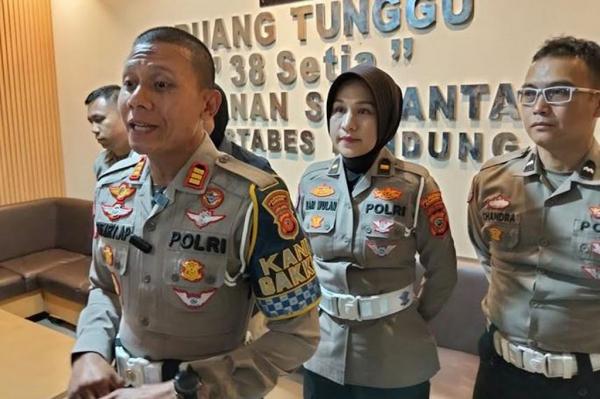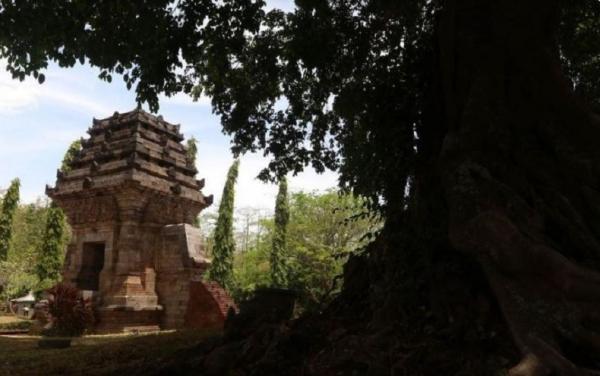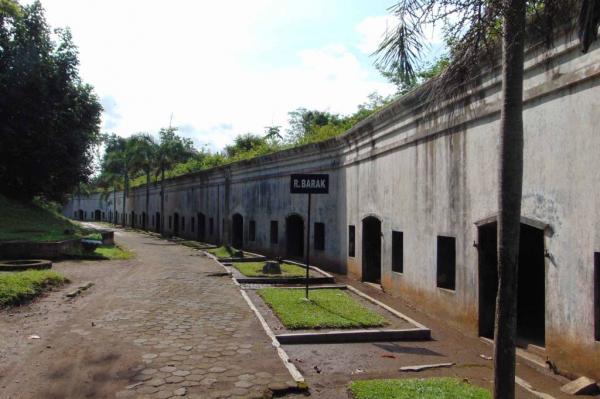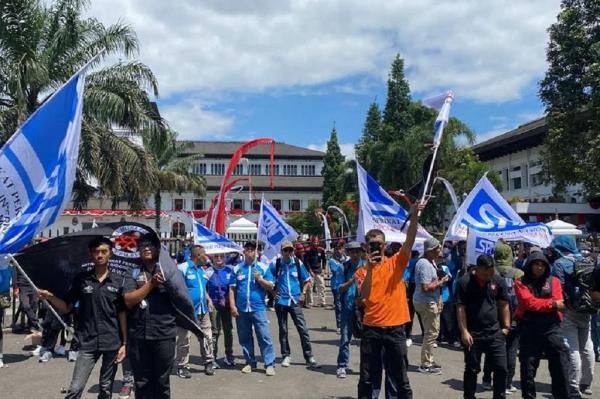Tom BatemanState Department correspondent
A former chief prosecutor at the International Criminal Court (ICC) has told the BBC that US air strikes on alleged drug smuggling boats would be treated under international law as crimes against humanity.
The comments by Luis Moreno Ocampo come as the Trump administration faces mounting questions over the legality of the attacks in the Caribbean Sea and Eastern Pacific - which have killed at least 66 people in the last two months.
The administration says it is in a formal armed conflict with South American traffickers who are bringing drugs into the US.
But Mr Moreno Ocampo said the military campaign fell into the category of a planned, systematic attack against civilians during peacetime.
This, he said, meant that the campaign fell into the category of crimes against humanity.
"These are criminals, not soldiers. Criminals are civilians," said Mr Moreno Ocampo of the US allegations against the boat crews. "They are criminals, and we should do better at investigating them, prosecuting them and controlling them, but not killing people," he told the BBC.
The White House said in response that President Donald Trump acted in line with the laws of armed conflict to protect the US from cartels "trying to bring poison to our shores... destroying American lives." It highlighted that the ICC had no jurisdiction over the United States and argued that it was a "biased, unserious entity".
"It's ridiculous that they are now lecturing President Trump and running cover for evil narcoterrorists trying to murder Americans," said White House Deputy Press Secretary Anna Kelly.
Mr Moreno Ocampo, a lawyer from Argentina who helped lead the 1985 prosecution of that country's former military junta, described the strikes as a "very dangerous" expansion of the president's remit to use lethal force. In the past, he said, alleged drug boats would be stopped and suspects incarcerated.
"The US is alleging it can kill whoever they want, and that's a huge change because in the past the US, in particular after 1945, was the guarantor of global peace to protect Western values, basically," he said.
"That's… a very bad trend for the world," added Mr Moreno Ocampo, who served as the first chief prosecutor at the ICC from 2003 to 2012, opening investigations in seven different countries.
The US is not a signatory to the Rome Statute which established the ICC and has recently sanctioned several of its judges in retaliation for the court's investigations related to the US and Israel.
Mr Moreno Ocampo said: "For me, it's very clear. A crime against humanity is a systematic attack against a civilian population, and there is no clarity why these people are not civilians, even [though] they could be criminals... and it's clearly systematic, because President Trump says they have planned and they organised this, so that should be the charge."
The Trump administration has sought to justify the boat strikes by saying the US is engaged in an armed conflict with drug cartels who are "unlawful combatants" whose actions "constitute an armed attack against the United States", according to a confidential note to Congress.
In February, it designated eight Latin American organised crime groups as foreign terrorist organisations (FTOs), naming Tren de Aragua in Venezuela, MS-13 in El Salvador and others. The move marked a significant extension in the use of FTO designations.
On 2 September, Trump announced the first US airstrike on a vessel he said was a "drug-carrying boat" operated by Tren de Aragua with "a lot of drugs" onboard, killing 11 people. Venezuelan President Nicolas Maduro called the attack a "heinous crime".
Since then, at least 13 further strikes have taken place. No evidence has been made public for the claims of drugs onboard, nor which substances are allegedly involved. The BBC has repeatedly asked the Pentagon for names of the those targeted, but none have been given.
Meanwhile, a major US military buildup has taken place in the region, leading to speculation about future land strikes, though Trump recently downplayed the possibility of any war unfolding. Maduro sees the action as an attempt to drive him from power. Venezuela plays a relatively minor role in the region's drug trade.
An FTO designation - of the sort used by the Trump administration against the drugs traffickers - carries no inherent legal weight when it comes to the use of lethal military force, according to Brian Finucane, a former legal adviser at the US Department of State. He described the overall US legal position on the strikes as "completely unconvincing".
"You're left with a situation which involves premeditated killing outside of armed conflict, and we refer to that as murder," he said.
Republicans in Congress have largely rallied around Trump's military action. On Wednesday, in a classified meeting, Secretary of State Marco Rubio briefed key lawmakers on the attacks. Afterwards, James Risch, a Republican on the Senate intelligence committee, said he was "fully satisfied" they were lawful.
"The administration has kept me and other members fully advised… They've got good legal justification for what they're doing," he said.
"The president really ought to be congratulated for saving the lives of young American people," Risch added.
But many opposition Democrats have challenged the legality of the strikes. Chuck Schumer, the Senate Democratic leader, said after leaving the briefing: "What we heard isn't enough. We need a lot more answers and I am now asking [the administration] for an all-senators briefing on this issue," he said.
Under the US Constitution, the power to declare war rests with Congress. Many past presidents have ordered military action without congressional approval, but usually provide legal justifications as required by the 1973 War Powers Resolution which sets out limits on the president's powers.
Following a classified briefing to members of the House Armed Services Committee last Thursday, Democratic Congresswoman Sara Jacobs said Pentagon officials had not provided a legal justification for what she called "extrajudicial killings where we have no evidence".
She added that lawmakers were told the strikes had targeted the alleged trafficking of cocaine instead of fentanyl – though fentanyl is the substance linked to the majority of overdose related deaths from illicit drugs in the US.
.png)
 3 weeks ago
28
3 weeks ago
28

